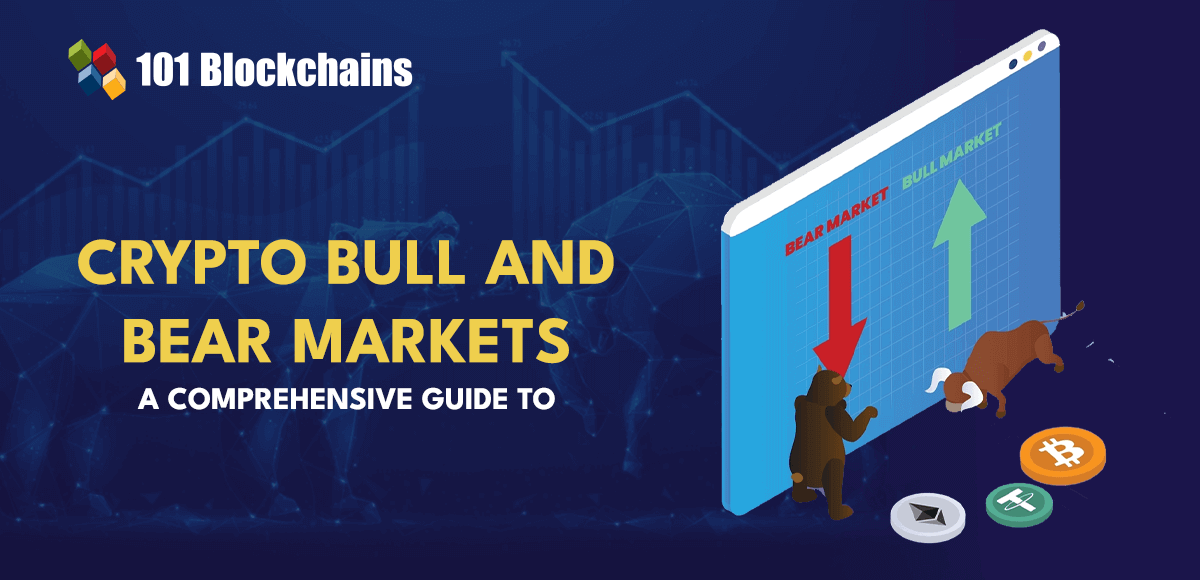Machine Learning and Artificial intelligence have caused a transformative shift across various domains, with a particular focus on the development of autonomous agents powered by large language models (LLMs). These agents have shown remarkable capabilities in handling various tasks independently, demonstrating their potential to revolutionize task-solving in numerous fields. However, a significant challenge in the realm of these AI-driven entities is their tendency to operate in isolation, often repeating mistakes and engaging in inefficient trial-and-error methods. This approach limits their efficiency and hinders their learning process.
The existing methodologies in autonomous agent development primarily enhance LLMs with advanced features like context-sensitive memory, multi-step planning, and strategic tool usage. Despite these advancements, agents typically perform tasks without benefiting from historical experiences, leading to inefficiencies in their problem-solving abilities. The lack of a mechanism for integrating cumulative experiences from past tasks is a notable drawback in the current landscape of autonomous agent technology.
A team of researchers from Tsinghua University, Dalian University of Technology, and Beijing University of Posts and Telecommunications have introduced ‘Experiential Co-Learning,’ a groundbreaking framework designed to revolutionize the capabilities of autonomous software-developing agents. This innovative approach redefines how these agents collaborate and learn by weaving past experiences into their operational fabric. The framework comprises three integral modules: co-tracking, co-memorizing, and co-reasoning, each playing a crucial role in enhancing the agents’ collaborative and learning abilities.
In the co-tracking module, agents engage in a collaborative rehearsal, meticulously tracking their ‘procedural trajectories’ for various training tasks. This tracking lays the foundation for agents to share experiences and develop strategies collaboratively. The co-memorizing module furthers this by strategically extracting ‘shortcuts’ from these trajectories based on external environmental feedback. These shortcuts are integrated into the agents’ collective experience pools, allowing them to reference past experiences and enhance future task-solving strategies. Finally, the co-reasoning module combines the collective experience pools of the agents, enabling them to interact more advancedly through refined instructions and responses. By leveraging their respective experiential knowledge, agents generate more insightful and accurate solutions for unseen tasks.
The implementation of Experiential Co-Learning has demonstrated significant improvements in the performance of autonomous agents. The framework has notably increased agent autonomy, significantly reducing repetitive errors and execution times. Agents equipped with Experiential Co-Learning have shown enhanced collaborative efficiency, reducing the need for extra human involvement in software development. Using past experiences has been particularly effective in improving task completion accuracy and efficiency. This enhanced performance is evidenced by the agents’ ability to recall and apply high-quality ‘shortcuts’ from past experiences in conjunction with the underlying LLMs’ capabilities.
Experiential Co-Learning marks a pivotal step in AI-driven autonomous software development. The framework addresses a critical gap in their operational capabilities by enabling agents to learn from and leverage past experiences effectively. This advancement enhances the efficiency of autonomous agents and reduces their dependency on human intervention, paving the way for future independent and intelligent systems. The framework’s emphasis on collaborative efficiency and reduced human dependency underscores its potential to influence the field of autonomous agents and AI significantly.
Check out the Paper. All credit for this research goes to the researchers of this project. Also, don’t forget to join our 35k+ ML SubReddit, 41k+ Facebook Community, Discord Channel, LinkedIn Group, and Email Newsletter, where we share the latest AI research news, cool AI projects, and more.






















